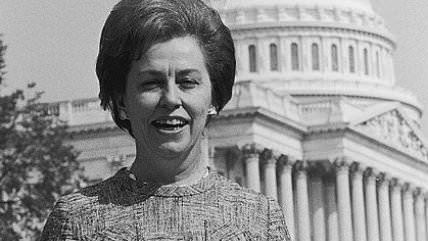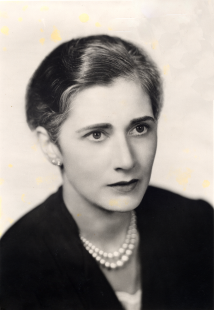Women With Feminine Features Win More Votes, Especially Among Conservatives


A new Dartmouth College–led study found that voters favor female politicians who have more feminine features, especially in conservative states. Gendered facial cues—eye shape, eyebrow shape, cheekbones, jawline, the presence of makeup—unconsciously influence voter perceptions and "may translate into real-world political outcomes," the researchers say.
In a computerized survey administered in person and over the Internet, about 300 participants were shown facial photos of the winners and runners-up in U.S. Senate and gubernatorial elections between 1998 and 2010. Respondents were asked to immediately categorize the faces as male or female and, without being given any background information, asked whether they would vote for them.
The more participants were drawn to categorize a female politician's face as male, the less likely they were to say they would vote for her. This corresponded to voting behavior in reality, with more masculine-looking women less likely to have won their elections.

"These cues are processed within only milliseconds after seeing another's face," said senior study author Jon Freeman, director of Dartmouth's Social Cognitive & Neural Sciences Lab at Dartmouth. "It's important to examine how facial cues could inadvertently affect female politicians' electoral success, especially given the possibility of a female U.S. president in the near future and the rising number of women in Congress."
I'm not convinced it's "important"—that appearance in general affects public perception of politicians is no secret. It might be interesting. There have been a bevy of studies looking at how looks play a role in the politicians's success (see here, here, here, here, here, and here).
Freeman's study—published in the journal Social Psychological and Personality Science—echoes a UCLA study published in 2012. In that study, researchers (including two who also collaborated on this recent study) looked at the facial features of women in the U.S. House of Representatives. Those with more stereotypically feminine features were more likely to be Republican, and the correlation increased the more conservative the lawmaker's voting record. Lady legislators with less traditionally feminine facial features were more likely to be Democrats, fitting with the Dartmouth study finding that feminine faces offer a greater electoral advantage in conservative states.


Show Comments (85)